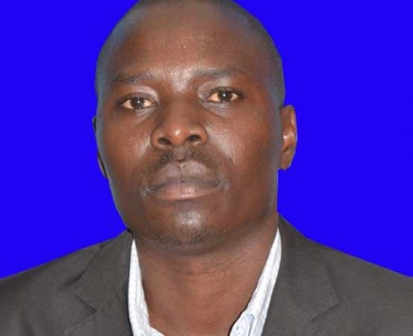×
The Standard e-Paper
Home To Bold Columnists

Kibigori Railway Station is a lonely place. No train passes through it as it used to. Those who remember say that then, Luo and Nandi traders shared the same trains. But for those who live in Muhoroni’s eastern borders, including Songhor, the best memory is how Uhuru rains of 1963 and 1964 brought them to the station.